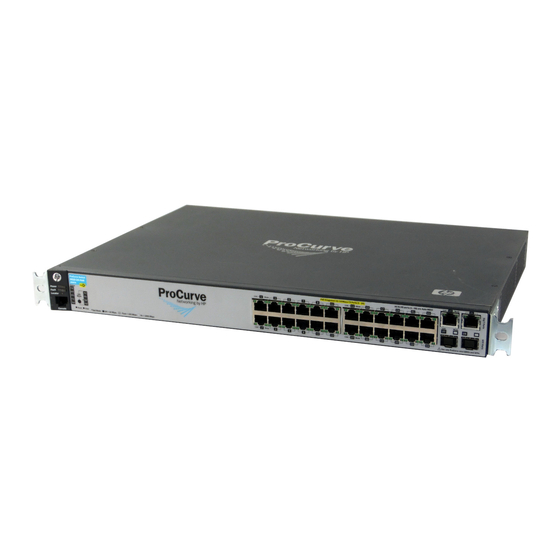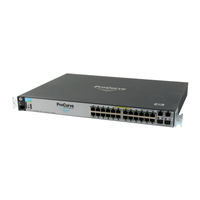
HP 2610 Manuals
Manuals and User Guides for HP 2610. We have 4 HP 2610 manuals available for free PDF download: Advanced Traffic Management Manual, Installation And Getting Started Manual, User Manual, Selection Manual
Advertisement
Advertisement
Advertisement



